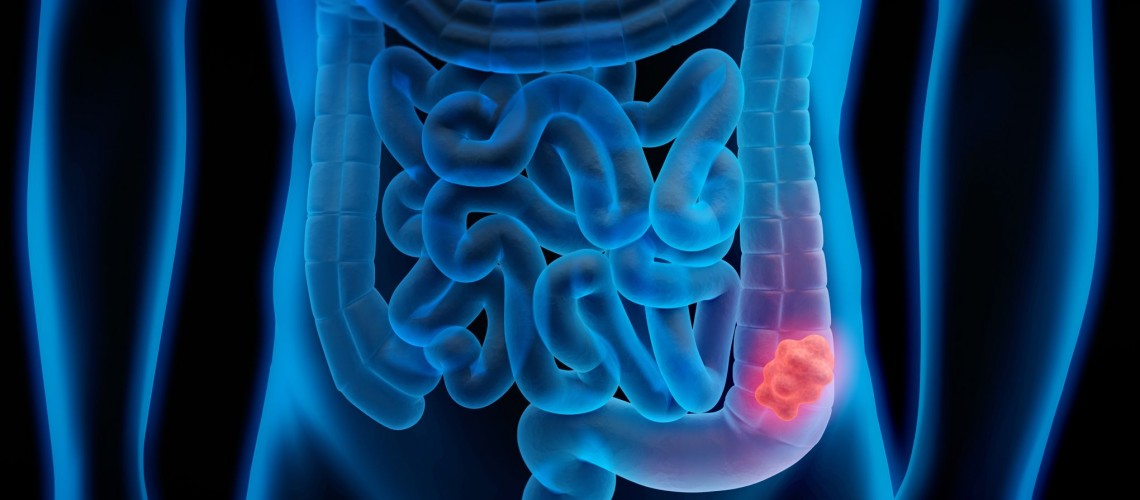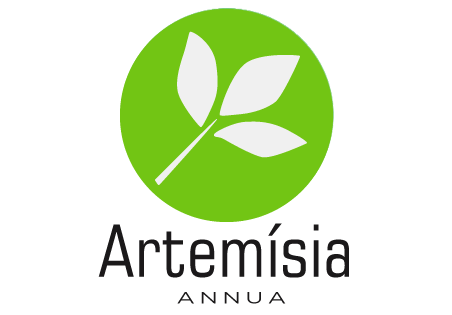ARTÉMISIE ET CANCER COLORECTAL

Une étude sur l'innocuité et l'efficacité de l'artésunate préopératoire dans le cancer colorectal de stade II / III
Essai de phase II randomisé, en double aveugle, contrôlé par placebo sur l'artésunate néoadjuvant dans le cancer colorectal de stade II / III
Cette étude évalue l'innocuité et l'efficacité de l'artésunate préopératoire administré par voie orale une fois par jour pendant 14 jours avant la chirurgie chez les patients atteints d'un cancer colorectal de stade II / III.
L'artésunate est un antipaludique établi avec un excellent profil d'innocuité, est bien toléré et abordable. Un certain nombre d'études en laboratoire et une petite étude clinique pilote chez les patients atteints d'un cancer colorectal ont montré que l'artésunate peut réduire la prolifération et la croissance des cellules cancéreuses.
Deux cents patients diagnostiqués avec un cancer colorectal opérable de stade II / III seront attribué pour recevoir 200 mg d'artésunate par voie orale ou un placebo correspondant pendant 14 jours avant chirurgie. Les patients seront suivis de près pendant 5 ans pour voir si l’artésunate réduit en préopératoire le risque de récidive du cancer après la chirurgie.
Description détaillée
Au cours des deux dernières décennies, les artémisinines ont montré des propriétés anticancéreuses puissantes et étendues dans une gamme de lignées cellulaires et modèles animaux, soutenant l'hypothèse que les artémisinines ont le potentiel d'être un thérapie anticancéreuse efficace. Les multiples mécanismes d'action potentiels comprennent effets anti-prolifératifs par perturbation du cycle cellulaire, espèces réactives de l'oxygène (ROS) -dommages à l'ADN induits, induction de l'apoptose, anti-angiogenèse, immunomodulation et induits radiosensibilité.
Malgré une approche thérapeutique multimodale du cancer colorectal, survie globale à 5 ans ne dépasse actuellement pas 60%. Le traitement préopératoire néoadjuvant peut être plus efficace éradiquer les micrométastases par rapport au traitement adjuvant administré après le retard et stress immunologique de la chirurgie. Cependant, les schémas de chimiothérapie néoadjuvants actuels sont souvent associée à des effets secondaires importants et peut entraîner un retard de la chirurgie pendant que les patients récupérer. Un nouvel agent anticancéreux bien toléré et abordable qui pourrait être administré aux patients pendant qu'ils attendent la chirurgie, sans provoquer de retard chirurgical dû au traitement toxicité, aurait un impact clinique significatif sur les soins aux patients.
L'essai NeoART est un essai multicentrique de phase II, randomisé, en double aveugle, contrôlé par placebo (ECR) pour les patients subissant une chirurgie primaire pour des cancers colorectaux de stade II / III. Les patients sont randomisés (rapport 1: 1) pour recevoir soit un cours de deux semaines d'artésunate néoadjuvant 200 mg une fois par jour ou un placebo correspondant. Les patients et les professionnels de la santé sont aveuglés au bras d'allocation du traitement afin de minimiser le biais de déclaration des résultats. Le critère d'évaluation principal du l'essai est la survie sans récidive deux ans après la chirurgie. Les critères d'évaluation secondaires comprennent 2 et Survie globale à 5 ans, toxicité liée au traitement, tolérabilité et qualité des patients la vie. Une sous-étude translationnelle portant sur les biomarqueurs prédictifs et pronostiques est également prévu.
Source: https://ichgcp.net/fr/clinical-trials-registry/NCT02633098















































